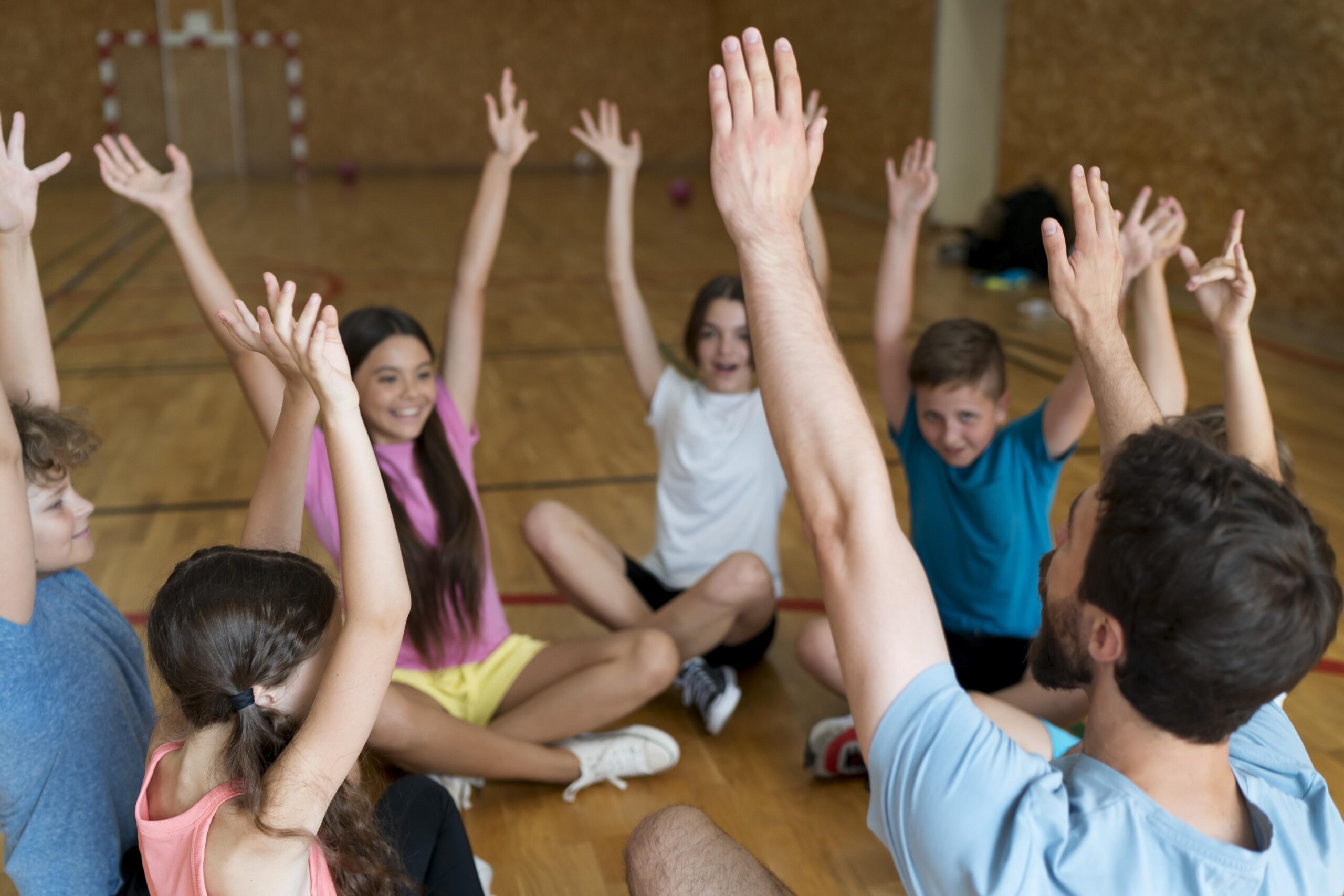Sport and Intelligence

Would anyone ever have imagined throughout the history of mankind that the development of our intellectual faculties could depend to such a great extent on physical activities, and in particular on practising sports? On the contrary, the story of human philosophy is punctuated by examples of clear-cut separation between these two dimensions, and this applies to different civilisations the whole world over.
With regards to this historical-conceptual framework, over the past decade or so neuroscientists have been proposing a completely and radically opposing perspective. More and more studies have been demonstrating that professional athletes possess strong cognitive abilities which are prerequisites for their physical performances, notably in sports requiring dexterity. Thus, for example, a gifted footballer can form ideas, and indeed form ideas at great speed, while the coaching methods of the junior sectors of many major sports clubs are increasingly shifting the emphasis towards the cognitive and psychological aspects.
However, the significant leap forward that is of particular interest to us in this brief analysis concerns the fact that an ever-increasing number of studies demonstrate that participating in sporting and physical activity, especially during the school years, has a significant effect on the brain and on the development of cognitive capacities, notably by stimulating the production of neurotrophins, the agents which govern the production of neurons. In neuroscience parlance, sport is seen to stimulate the growth of both executive and inhibitory faculties in youngsters, with tangible effects on the development of attentiveness, concentration and memory; these cognitive processes are also considered to underpin strong academic performance. In short, it would clearly appear that practising sport and physical exercise results in smarter children. What naturally follows on from this conclusion? This is a real cultural revolution and has a huge potential: envisaging sport and physical activity as pivotal to enhancing intelligence and its development is a momentous breakthrough, one which has the ability to reunite the two separate paths at the starting point.

So, if school is the place where this intellectual development occurs, why should we therefore deprive ourselves of the possibilities offered by physical activity, one of its key potential promoters?
This is where the often still largely unexplored avenues of concrete synergies and project collaborations open up between the world of education and the world of sport, which are currently all too often worlds apart and on occasion somewhat antagonistic. In the context of the Jesuit Education Network, It is abundantly and evidently clear that these two realities have not only already been coexisting for quite some time, but that we have also begun, in recent years, to develop a common pedagogical and educational model that places our campuses at the forefront of educational programmes offered to young people.
The training of sports educators within the Jesuit Education Network is specifically tailored to the extensive experience of Ignatian training for school teachers, with activities at sports centres adapted to the schedules and requirements of the school pupils, and combined programmes with in-depth courses on sports disciplines for Sports Science High Schools provide tangible evidence that the powerful synergy between school and sporting activities can be considered a given and established reality.
Putting Ignatian pedagogy into practice, which also entails a constant reminder to all sports educators of the responsibility they have for accompanying young people in their personal growth through their sporting experiences, must also guide us with regard to our continuous quest for innovative projects that will be of benefit to our athletes cum pupils. It could indeed be suggested that our sports educators should always remember that every training session is a neuroplastic phenomenon, in other words, an activity that modifies the brain’s circuits, creating new intellectual schemas that will later be remembered and applied by the students in future situations – both in the field and most probably also in the classroom!
Share
